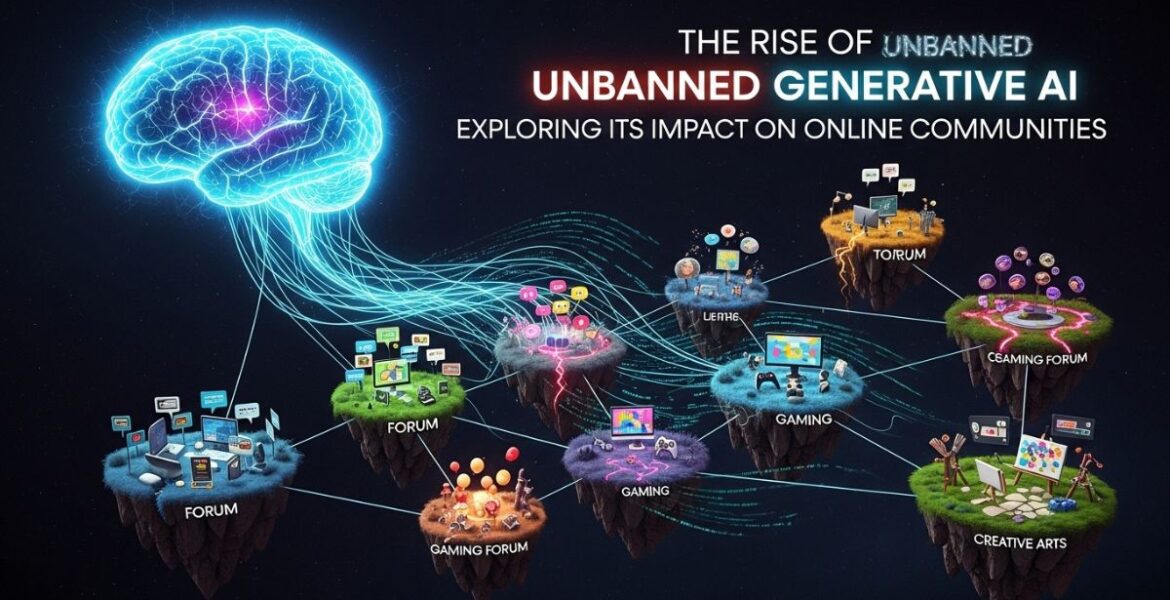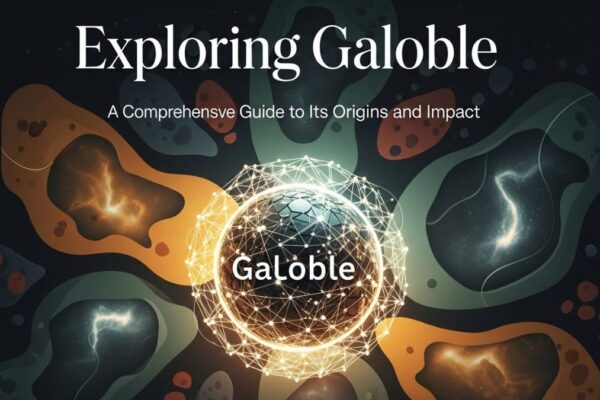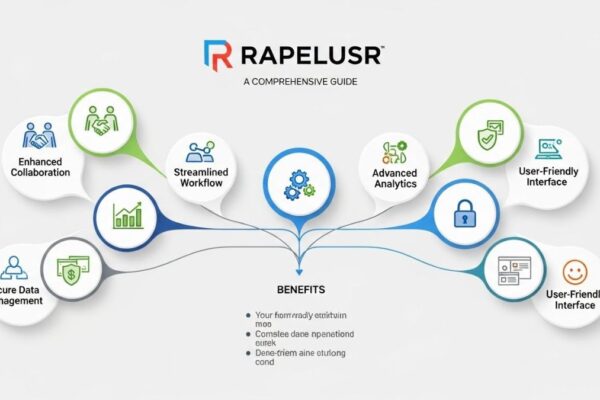The Rise of unbanned g: Exploring Its Impact on Online Communities

The digital landscape is constantly evolving, and with it comes the rise of platforms that challenge traditional boundaries. Enter “unbanned g,” a term that’s buzzing in online communities everywhere. This phenomenon represents more than just another trend; it’s an exploration into unrestricted expression and unfiltered dialogue. As people flock to these platforms seeking freedom from censorship, we find ourselves at a crossroads where creativity meets controversy. What does this mean for our virtual spaces? Buckle up as we dive into the world of unbanned g, uncovering its history, impact, and what lies ahead for online interactions.
The History and Evolution of Unbanned G Platforms
The concept of unbanned g platforms emerged as a response to the increasing censorship on mainstream sites. Users sought alternative spaces where they could freely express their thoughts without fear of moderation.
Initially, these platforms were small and niche, attracting specific communities tired of restrictions. They focused on fostering open dialogue and encouraging diverse viewpoints.
As technology advanced, so did these platforms. Enhanced features allowed for better user engagement and content sharing. This evolution drew in larger audiences craving more freedom online.
With time, many unbanned g platforms adopted decentralized models, making them less vulnerable to external control. This shift empowered users by giving them ownership over their digital experiences.
Throughout this journey, challenges arose alongside growth. The balance between free speech and harmful content remained a contentious topic that continues to influence platform development today.
The Controversy Surrounding Unbanned G
The emergence of unbanned g platforms has sparked heated debate across various online communities. Critics argue that these spaces often harbor toxic behavior and harmful ideologies, which can lead to a detrimental environment for users.
Supporters counter that the freedom of expression is vital in digital discourse. They believe unbanned g offers an opportunity for marginalized voices to be heard without censorship.
However, this dichotomy raises questions about moderation and accountability. How do we balance free speech with the need to protect vulnerable individuals? This ongoing dialogue showcases the complex nature of online interactions today.
As debates continue, it’s clear that unbanned g isn’t just about content; it’s also about community dynamics and societal values in our increasingly connected world.
Positive Impact of Unbanned g on Online Communities
Unbanned g has carved a niche in online spaces, fostering creativity and collaboration among users. With fewer restrictions, individuals feel freer to express their thoughts and share unique content.
This newfound freedom encourages diverse voices that might have been silenced on more regulated platforms. As a result, communities become richer with varied perspectives, sparking meaningful discussions.
Moreover, unbanned g often cultivates a sense of belonging. Users find like-minded peers who appreciate their views and contributions. Such connections can lead to strong friendships and collaborative projects that thrive outside traditional norms.
The absence of rigid guidelines also paves the way for innovative ideas. Members experiment without fear of censorship, pushing boundaries in art, technology, and social movements. This environment nurtures growth and exploration across different fields.
In essence, unbanned g redefines how we interact online by promoting inclusivity and inspiration through shared experiences.
Negative Impact of Unbanned g on Online Communities
The rise of unbanned g has not come without its challenges. One significant drawback is the potential for toxic behavior to flourish. With fewer restrictions, some users feel emboldened to engage in harassment and hate speech.
These negative interactions can create a hostile atmosphere. Many community members may choose to disengage or leave altogether, diminishing the diversity of perspectives that enrich online discussions.
Moreover, misinformation spreads more easily in less regulated environments. Users often share unchecked claims that can mislead others, fostering distrust and confusion within communities.
This lack of accountability can undermine the integrity of online spaces designed for constructive dialogue. The very essence of these communities—support and shared understanding—can be compromised by unchecked negativity.
The Future of Unbanned G: Predictions and Possibilities
The landscape of unbanned g is evolving rapidly. As online communities continue to seek freedom of expression, we can expect more platforms to emerge. These will cater specifically to users looking for less restriction.
With technological advancements, enhanced privacy tools may become a staple. Users might find themselves better protected against censorship and surveillance while exploring their interests freely.
Moreover, the rise of decentralized networks could reshape how unbanned g operates. This shift would empower individuals by reducing reliance on traditional platforms that enforce strict rules.
Social dynamics will also change significantly. We’ll likely see an increase in niche forums where like-minded individuals gather without fear of backlash or judgment.
However, this future isn’t without its challenges. Striking a balance between free speech and harmful content will remain a critical discussion point among stakeholders as these new platforms develop further.
Conclusion:
The rise of unbanned g has undeniably changed the landscape of online communities. As these platforms continue to evolve, they provide users with new opportunities for expression and connection. However, as we have seen, this comes with its own set of challenges.
While some benefit from more freedom and a sense of belonging, others may face negative repercussions that can’t be overlooked. The balance between fostering an open environment and maintaining healthy community standards remains delicate.



Leave a Reply